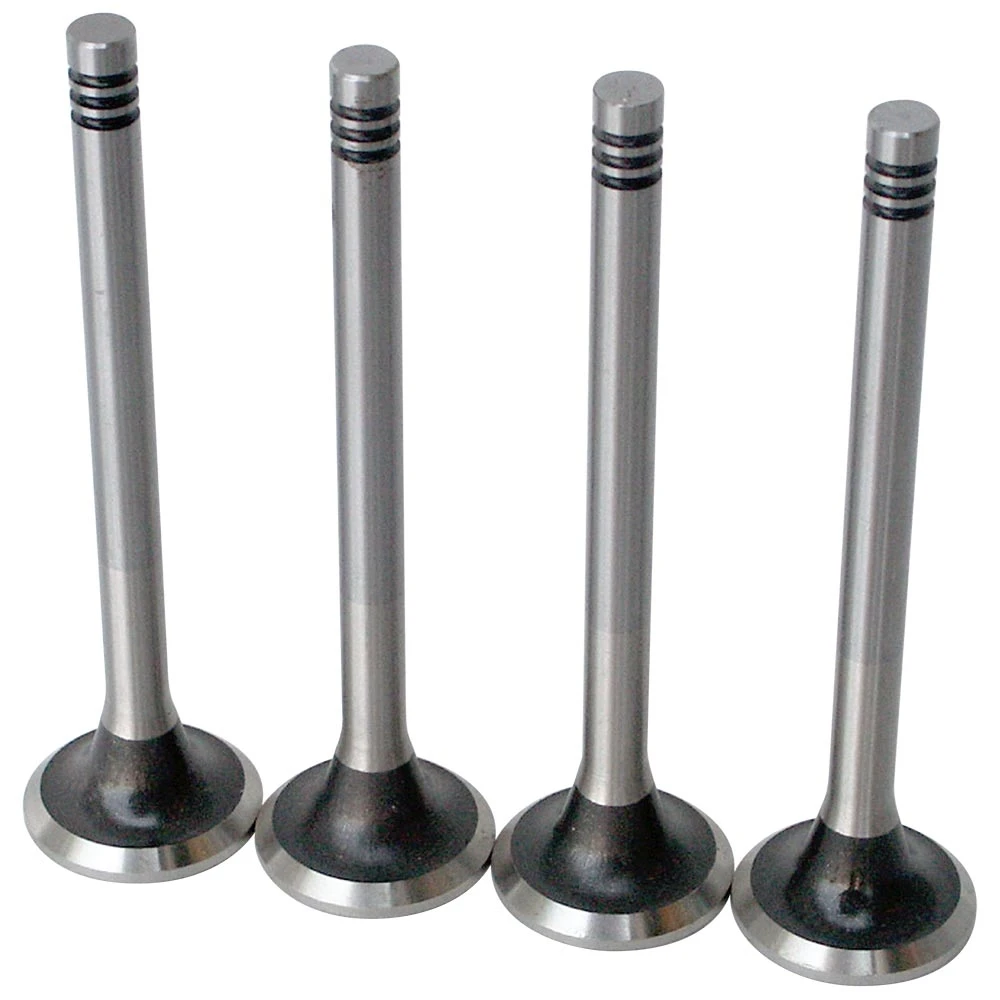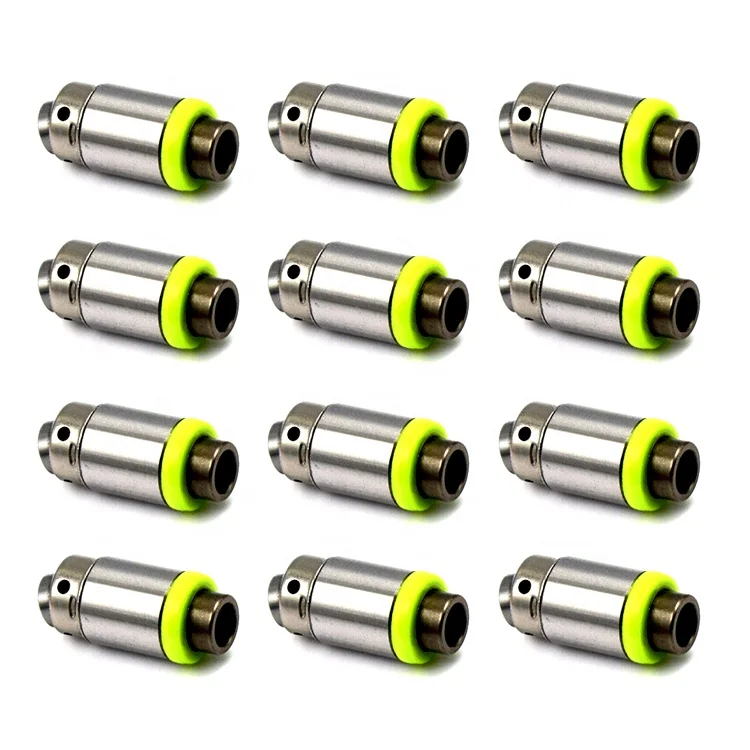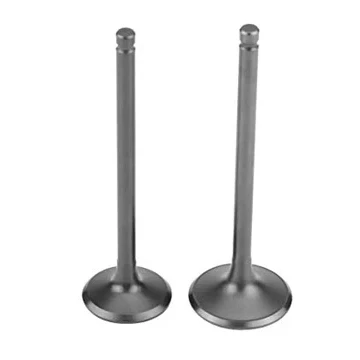
Агляд
Запыт
ПАРУЖНЫЯ ПРЫЗНАЦКІ
Апісанне праduktу
1. Асноўны працэс працягвання:
Кваліфікаваныя штыхты выяўляюцца з бака ў загрузчай касетцы. Робат-загрузчык перадaje штыхты на электрычную машыну для пазнейшага працягвання, дзе пачынаецца электрычнае працягванне. Пасля завяршэння электрычнага працягвання, робат-выгрузчык іх вымяняе і клае ў прес для валявання, што ў выніку выдае цяліну валя. Галоўная сістэма кантролю ўзgadoрднення гэтых дзеянняў ў парадку і непрырывна.
2. Раскладка праўяджання:
Шэсць электрычных машинаў для кулябкі ўсталяваныя ў двух секторах, сіметрычна злева і справа, з трыма машинамі злева і трыма справа. Рабочыя поўерхні электрычных машин для кулябкі спадзяюцца наруж у. Робат размяшчаны ў цэнтры сектораў, які выкарыстоўваецца для завантажэння і вывантажэння электрычных машин для кулябкі. Контейнеры для завантажэння размяшчаныя ў пралётах паміж двума секторамі. Гэта фармуе акружнасць з шасццю электрычнымі машинамі для кулябкі, адным прэсам і двума контейнерамі для завантажэння, з робатам, які знаходзіцца ў цэнтры акружнасці.
Кулябка:
Цэнтруванне захопа
Аўтаматычнае нульаванне бабка
50KVA двухфазны трансформатар, холостой ток <0.2A
Укомплектавана прыладай абараны ад згіну
Укомплектавана прыладай прадзярвы для кулябкі, нагрэvanня стага, кулябка з фіксаваным дызытанцыям, сегментацыя па параметрам і вучэнне сервамеханізма
Галоўнае кіраванне:
Храненне параметраў
Лічэнне вытвора
Падаўленне працэсу крывой
Сігналызацыя высоцы і нізкіх температураў
Дысплэй рабочага статусу
Аўтаматычны адключэнне ў разе зламу штампаўніка
Анлайн-дадаванне і адыманне штампаўнікаў
Загрузка:
Магнітнае сартаванне
Сартаванне па фаскам
3. Матэрыял дэталі:
Парызавая форма ў сечэнні цыліндрычная, з дыяметрам ад ø5 да ø13, з толькай падлікам па стандартзе ISO h11.
Паверхневыя ўмовы: Халадна выцягнутыя, чашчавыя ці поліраваныя штыфты без альёю.
Шэрагаўасць паверхні: Ra 2.5
Умовы кancтавання: Паверхня канца стужкі павінна быць гладкай, плоскай і бяз аksідацыі. Канцавая паверхня павінна мець правільныя фармы зусіпку.
Матэрыял: Падыходзіць для усіх тыпаў сталі.
4. Прадуктыўнасць:
Хуткасць расшырэння напрамую ўплывае на цыкл працы і вынік. Хуткасць расшырэння абмежавана сплавам матэрыяла, дыяметрам стужкі, станам паверхні стужкі, формай часткі расшырэння і магчымасцю адпрацоўкі трансформата.
Дыяметр стужкі: Ds = 8.7mm
Паўная даўжыня стужкі: L = 300mm
Даўжыня без расшырэння: k = 120mm
Дапаможная час: t = 2c
Даўжыня расшырэння: L - k = 300 - 120 = 180mm
Хуткасць паднімання: v = 12мм/с
Хуткасць наковальні: v = 2мм/с
Час цыклу: Дыстынцыя паднімання / (Хуткасць паднімання - Хуткасць наковальні) + Дапаможны час = 180 / (12 - 2) + 5 = 23с

 EN
EN
 AR
AR
 BG
BG
 HR
HR
 CS
CS
 DA
DA
 NL
NL
 FI
FI
 FR
FR
 DE
DE
 EL
EL
 IT
IT
 JA
JA
 KO
KO
 NO
NO
 PL
PL
 PT
PT
 RO
RO
 RU
RU
 ES
ES
 SV
SV
 TL
TL
 IW
IW
 ID
ID
 LV
LV
 LT
LT
 SR
SR
 UK
UK
 TR
TR
 MS
MS
 BE
BE
 HY
HY
 AZ
AZ
 KA
KA
 EO
EO
 LA
LA
 SU
SU
 TG
TG
 UZ
UZ













